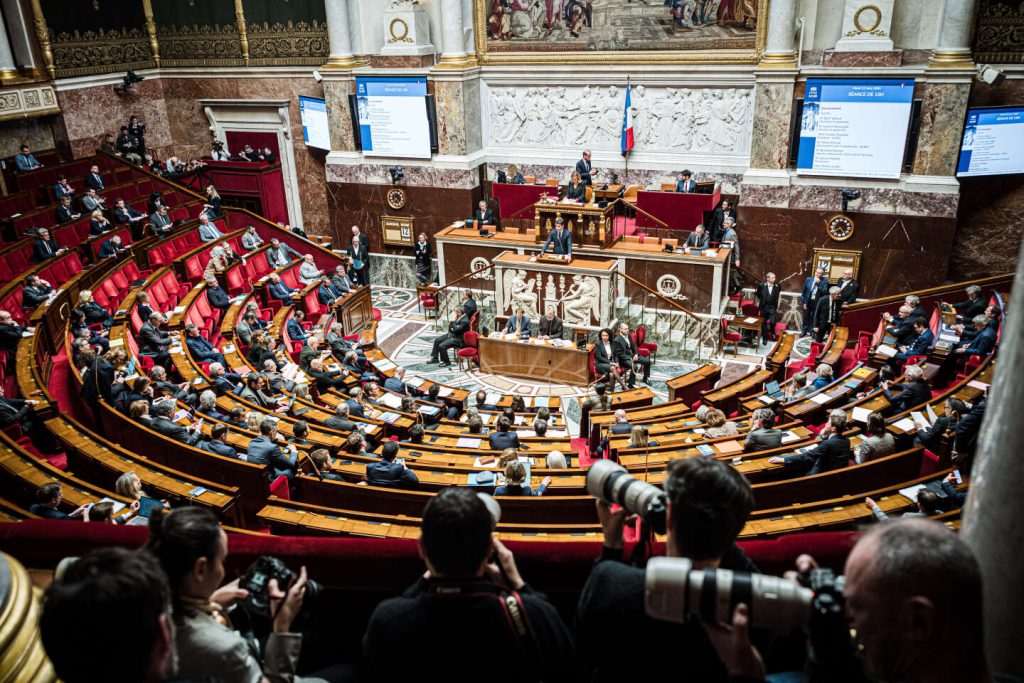The mixed joint committee (CMP) meeting regarding the bill aiming to “secure and regulate the digital space” finally took place on Tuesday, March 26th, after several delays. Deputies and senators reached an agreement on a common version of the government text, which had been amended in the Senate in July and then in the National Assembly in October. Despite the fast-track procedure initiated for the text designed to “end online impunity,” its progress had been previously hindered by tense exchanges with the European Commission, which had raised concerns about conflicts with some provisions of EU law.
The imperative of harmonization with the Digital Services Act (DSA) and the 2000 directive on electronic commerce was at the forefront of the lawmakers’ minds during the discussions. Significant amendments were made to ensure compliance with EU legislation. The main provisions of the bill, such as the anti-scam filter and the creation of an age verification mechanism, were retained with some partial rewrites. Denis Masséglia, deputy of the Maine-et-Loire department, mentioned that Article 15, which deals with the experimentation of a specific regime for “monetizable digital object games,” was validated through a compromise.
One of the key measures of the bill, the administrative blocking of pornographic sites that do not verify the age of their users, was also revised. This measure now only applies to platforms established in France or outside the European Union (EU). The European Commission reminded France that under the directive on electronic commerce, providers of such online services are subject to the laws of the EU member state where they are established, rather than other national rules. These changes were essential in order to align the French legislation with European regulations and avoid any conflicts or duplications in the legal framework.
The CMP meeting was described as intense, with numerous discussions and suspension of sessions. Lawmakers had to carefully consider the implications of the bill in relation to European laws and directives. Paul Midy, deputy of the Essonne department and rapporteur of the text in the National Assembly, and Rémi Cardon, senator of the Somme department, both expressed satisfaction with the overall outcome of the discussions. The express purpose of the bill is to create a legal framework that effectively addresses issues of online safety and accountability, and the amendments made in the CMP process aimed to ensure compliance with EU regulations while achieving the intended goals of the legislation.
Overall, the CMP meeting resulted in important modifications to the bill, ensuring that it aligns with EU legislation while retaining its core objectives. The adjustments made by the deputies and senators during the discussions are crucial in order to prevent any conflicts with European laws and directives. The proposed measures, such as the anti-scam filter and age verification mechanisms, have been maintained but with some revisions to comply with EU regulations. The administrative blocking of non-compliant pornographic sites was also revised to align with EU directives, reflecting the commitment of French lawmakers to harmonize national laws with European legislation in the digital space.















